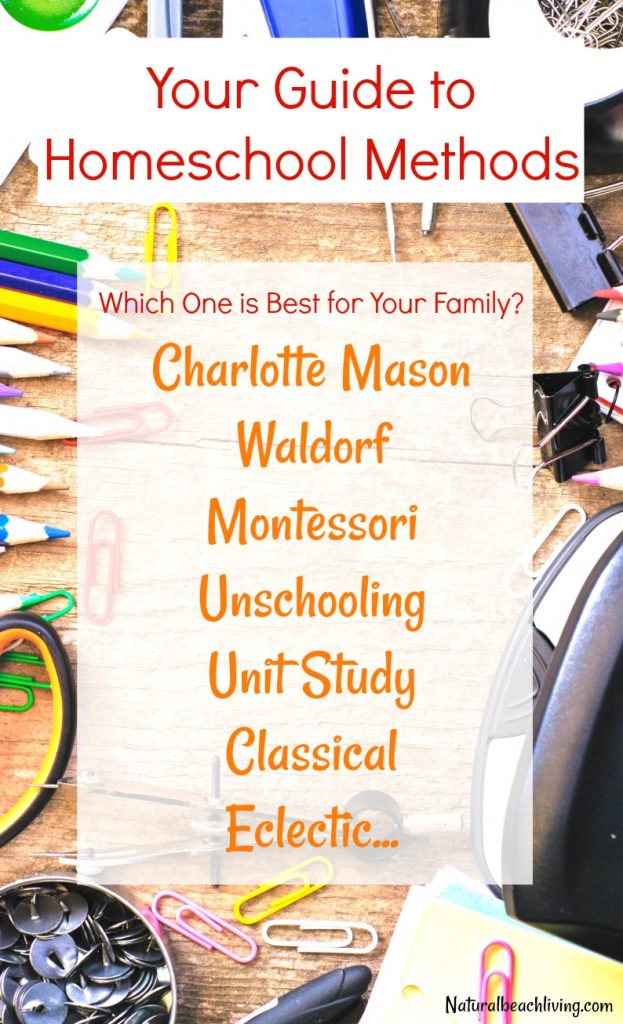Homeschooling a Child with Special Needs
Homeschooling a Child with Special Needs can be one of the best things ever. As the parent of a child with special needs, you learn how to be an advocate and a parent at the same time. You learn to challenge doctors, insurance companies, society, and even the school system in an effort to ensure your child gets what he needs.
While some schools do an excellent job accommodating the needs of learning differences and challenges, they often seem to be in the minority.
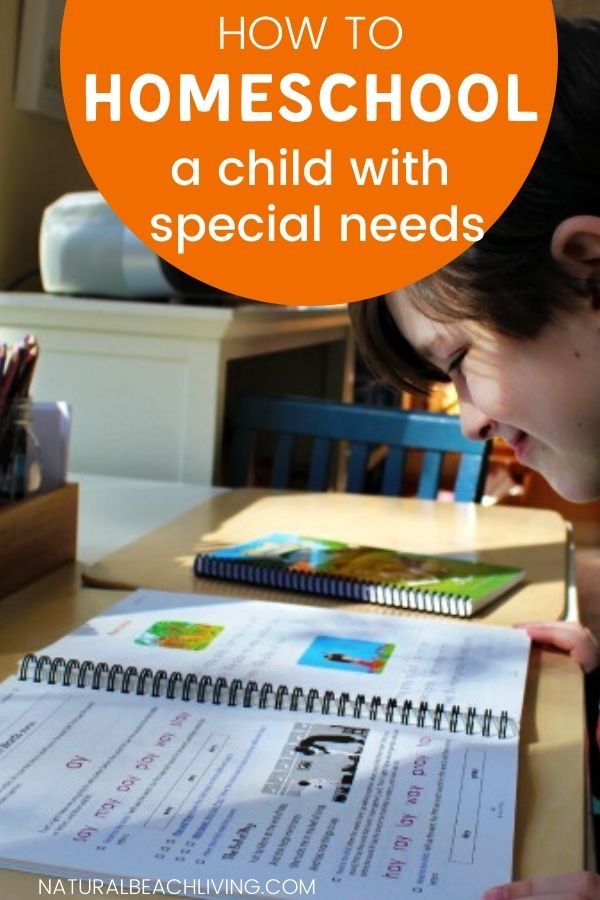
Homeschooling Kids with Special Needs
The fact is, most public schools lack the funding to do what they would like to or need to do. Schools are constantly trying to figure out how to do more with less and less funding.
Good teachers and staff are in short supply. Increased security measures require spending money that would be used for other things.
Combine all that with a growing emphasis on standardized tests and it’s easy to see how so many children with special needs can just fall through the cracks.
Parents who have been battling to get adaptations, interventions and appropriate support for their kids can easily become frustrated. Sometimes that’s what leads them to homeschool. Whatever the reason, homeschooling is possible and a good option for many children with special needs.
How do you homeschool a child with special needs? Keep reading to find out.
Advantages to Homeschooling
If you choose to homeschool your child with special needs, you should know there are lots of advantages to this path:
- Flexible Schedule: As a homeschooler, you can be flexible. You can take breaks when needed, change it up when things aren’t working, and even schedule around doctor’s appointments without losing any learning time. It’s still going to be important to have a schedule/routine for your child’s education, but you will have some flexibility.
- Less Anxiety: Have you been managing your child’s anxiety about school or dealing with sensory processing disorder? If so, homeschooling can help. Sometimes the sights, sounds, and overall business of a public school setting can be overwhelming for kids with special needs. At home, you’ll be able to provide your child with a more relaxed environment to inspire real learning. Don’t be afraid to skip the desk and chair in favor of a bean bag or exercise ball if that’s what works for your family.
- Focus: As a homeschooler, you can choose the right curriculum for your child, go as fast or slow as they need, and discover the best ways to help your child learn in a 1:1 environment. Your child will be able to focus more easily, your focus will be on your child and not a classroom full of children, and you’ll be able to give special attention to their individual interests and needs.
- Social Opportunities: Homeschooling also provides unique social opportunities. We all worry about our children being bullied at school and the risk is real. In a homeschool setting, we can have more control over our children’s social interactions and ensure positive settings that will help our children build confidence and learn how to form friendships without bullying.
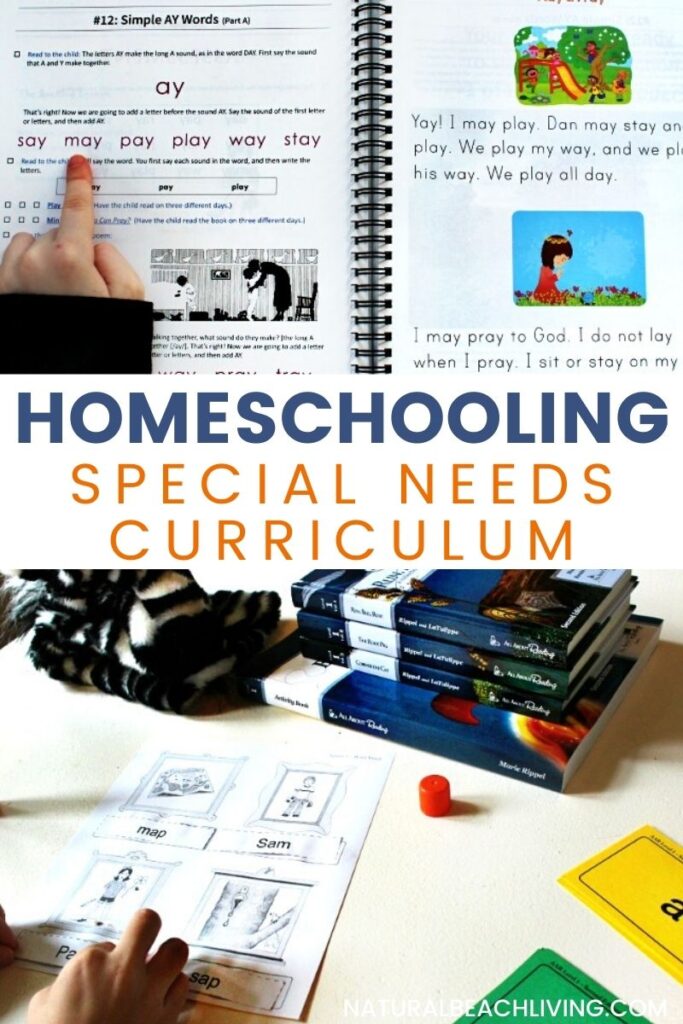
Homeschooling Special Needs Curriculum
You might be wondering how to choose a curriculum for your special needs child. Finding the right homeschool curriculum can be challenging for anyone.
Plus, there are so many options that it can feel more difficult because there are almost “too many choices.”
First, identify your child’s learning style, their strengths and weaknesses, and your own preferences.
Look for a curriculum that checks these boxes:
- Matches your child’s pace
- Builds on skills your child already possesses
- Encourages your child to become an active and curious learner
- Provides new opportunities in a safe and supportive environment
- Is fun for your child
Certain homeschool methods sometimes work better for children with special needs. The Montessori method and Charlotte Mason method are particularly good because they are both child-led, encourage active learning, and offer lots of hands-on learning options.
Keep reading to learn about some helpful learning tools you might want to incorporate into your homeschool.
Helpful Tools for Homeschooling
Visual Schedule Picture Cards
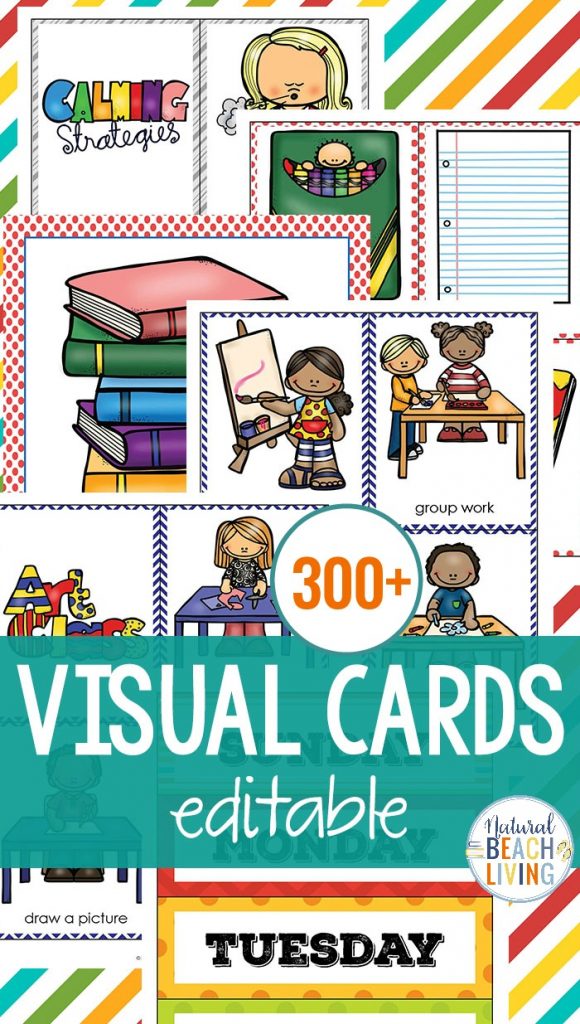
Picture Schedule and Autism Visual Schedule Printables
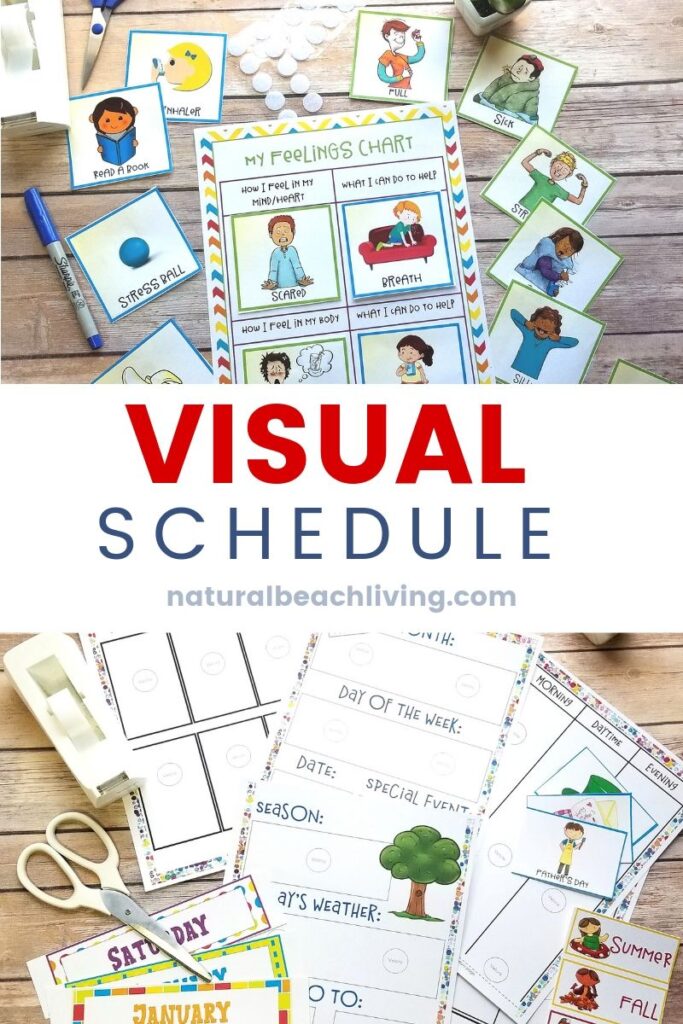
ADHD
Kids with ADHD will love this interactive journal, even if they don’t generally like writing or drawing. It’s set up to capitalize on their unique interests and abilities while holding their attention and making use of their amazing creativity and imagination.
Autism
These “I know what to do” cards are perfect for helping children with Autism learn to identify and express their feelings, make connections between feelings and actions, and learn to manage their own reactions as they become more aware of the connection between feelings and choices.
Dyslexia
Learning to read with dyslexia is challenging, but the Orton-Gilingham method has been used to teach children for decades. We really like All About Reading and this fun book by Cheryl Orlassino has 50 exciting lessons to help you get your child reading.
Down Syndrome
Children with Down syndrome can sometimes struggle with developing fine motor skills. Fine motor skills are important for a variety of tasks like buttoning and zipping. It’s also an essential skill for handwriting.
Good fine motor skills allow children to properly hold a pencil and use it to form letters and numbers.
Skoolzy provides a variety of colorful, easy to manipulate tools for helping children build fine motor skills and cognitive thinking. This pegboard activity is perfect for practicing important OT skills at home.
There is no single curriculum or list of resources that encompasses everything you need to teach your child with special needs. Because every child is unique and they all need different things to learn and be successful academically and socially.
In the end, that’s one reason homeschooling is a great option for children with special needs.
Homeschooling will let you focus on your children, their needs, and allow you to apply your unique knowledge of them to their education.
Homeschool Ideas
Studies have shown that you will also love the following ideas if you like them. I have pulled them together for you right here!
Homeschool Organization Ideas That Work for Everyone
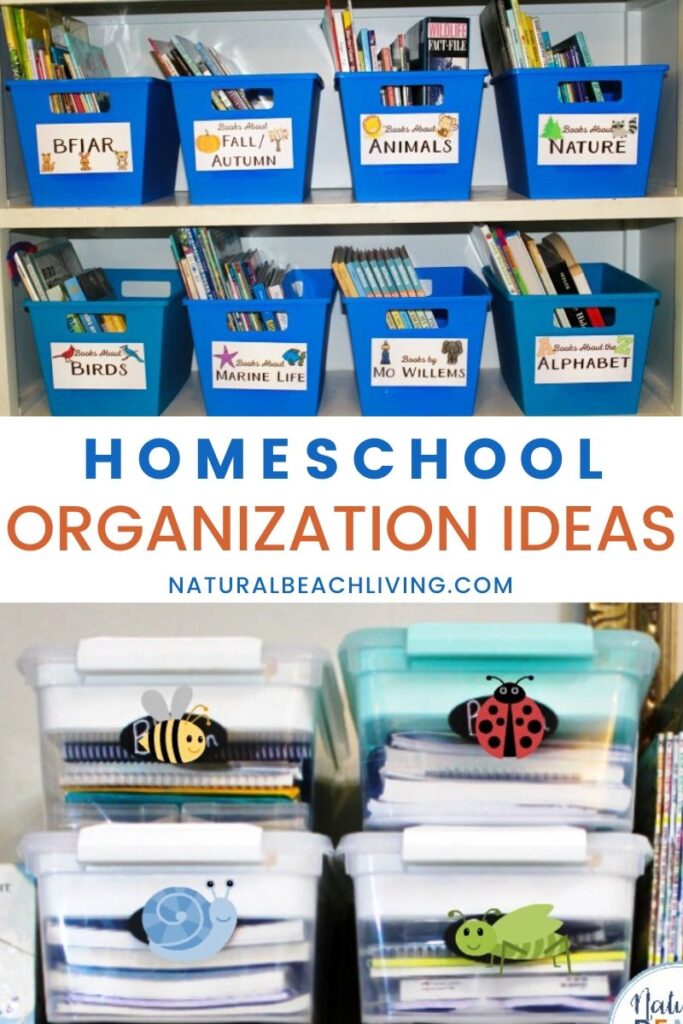
Homeschool Methods and Best Homeschooling Approaches
